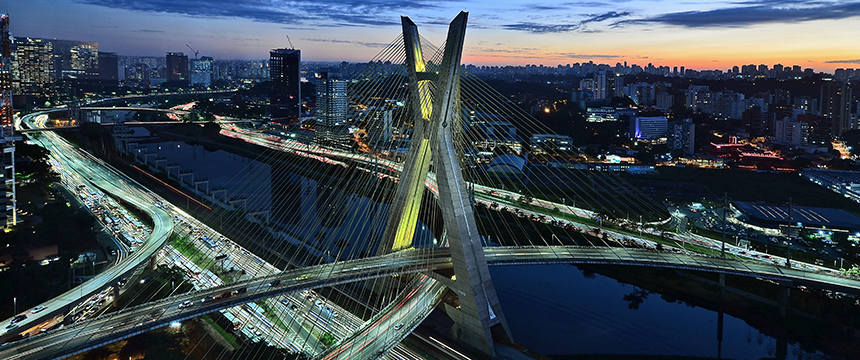
An expanded version of this article was republished by Westlaw Today here on November 10, 2021.
Latin America VC investments have skyrocketed over the past years to unprecedented levels from US$4.3 billion in 2019 to US$ 11.5 billion in 2021, including Q3 estimates in the most recent report issued by the Association for Private Capital Investment in Latin America (LAVCA).
The most recent and comprehensive 200-page Atlantico’s report on Latin America estimates that a total of US$18.6 billion will pour into the region by the end of 2021, a staggering 250% increase in investments when compared to US$5.3 billion deployed in 2020.
Latin America has seen a boom of tech companies with the number and value of unicorns nearly doubling every year. Startups such as Brazil’s Nubank, Ebanx and Unico, Mexico’s Kavak and Bitso, Argentina’s Mercado Libre and Colombia’s Rappi are some of the 20+ LatAm’s unicorns as of Q3 2021 with some of them reaching decacorn status.
Brazil and Mexico make up nearly 50% of LatAm’s GDP and it is of no surprise that these two countries are ranked as the top priorities for VC investors.
Looking into GDP compared to market cap, tech companies in the region represent 3.4% of the world’s total market cap in the sector. As such, tech companies in Latin America have a huge potential for growth in areas such as financial services, E-commerce, mobility, logistics and health.
Agriculture and Financial services are historical pillars of the LatAm economy that are being transformed by technology.
Brazil’s agriculture is today the leading provider of goods to the world and represents 21% of the country’s GDP. Technology is helping increase efficiency in the sector. Precision agriculture technology is enabling farmers to produce more with less.
With deregulation of bank restrictions in many countries Fintechs in 2020 represented 40% of all capital’s investments in the region. The Fintech boom is showing no signs of slowing down.
These are some of the reasons why major global investment funds have allocated a huge chunk of their cash to the region. After pouring US$5.0 billion in LatAm up to mid 2021, Japan’s investment conglomerate Softbank has announced it will add another US$3.0 billion to be deployed through its second Latin America Fund. Other global and local VCs will certainly follow suit. But liquidity and growth projections do not mean a successful result.
There are inherited political, economic, and legal considerations in weighing up whether to invest in or allocate more funds to the region. Many Latin American countries such as Chile have experienced some sort of political turmoil in recent years. Argentina sunk into yet another economic crisis forcing the government to impose restrictions on outflows of capital. Brazil is seeing the return of pervasive inflation, which will lead its Central Bank to hike interest rates to pre-2017 levels.
While political and economic analysis of the region are fundamental to make an investment decision, the pitfalls of Latin America jurisdictions ought to be carefully weighted.
It is not uncommon that transactional documents are disregarded by local courts disrupting the will of the parties in benefit of national policy or yet that hasty legislation changes impact investments not carefully hedged.
Structuring correctly a LatAm transaction requires knowledge of the market and the countries involved, a hands-on experience in dealing in such jurisdictions and expertise in setting up alternatives to craft the safest (present and future) legal environment possible for the investor and the invested company.
Latin America is unquestionably the next frontier for investments in most sectors of the economy, as long as carefully planned and properly protected.
